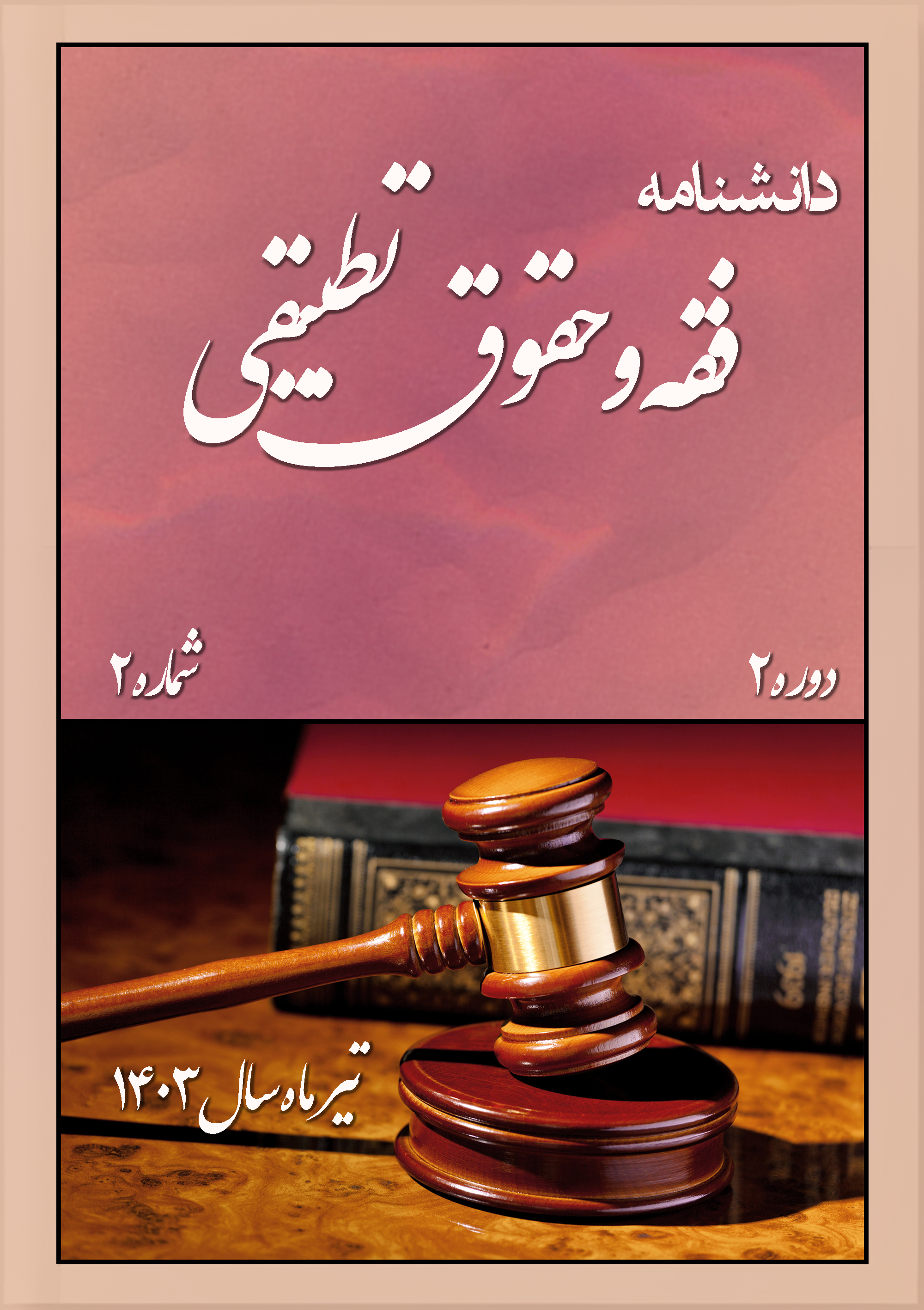The Rights and Responsibilities of Employers in Islamic Jurisprudence: A Comparative Analysis with Modern Labor Laws
Keywords:
Islamic jurisprudence, modern labor law, employer responsibilities, social justice, legal alignmentAbstract
The aim of this article is to examine the rights and responsibilities of employers in Islamic jurisprudence and their alignment with modern labor laws. This study, based on a comparative analysis, identifies commonalities and differences between Islamic legal principles and modern labor laws, exploring challenges and solutions for harmonizing these two legal systems. Islamic jurisprudence emphasizes ethical and human principles such as fairness, justice, and the protection of workers' rights, requiring employers to refrain from any form of oppression or exploitation in their dealings with employees. In contrast, modern labor laws, particularly in industrialized nations, focus on similar principles of social justice, job security, and insurance rights. However, significant differences exist between these two systems, including the regulation of employment contracts, insurance rights, and social protections. This article analyzes these differences and offers solutions for harmonizing the two systems, emphasizing the importance of developing a legal framework that can provide justice and welfare for both workers and employers in contemporary Islamic societies. The conclusion highlights that the alignment of Islamic jurisprudence with modern labor laws can contribute to enhancing social justice and boosting economic productivity.










